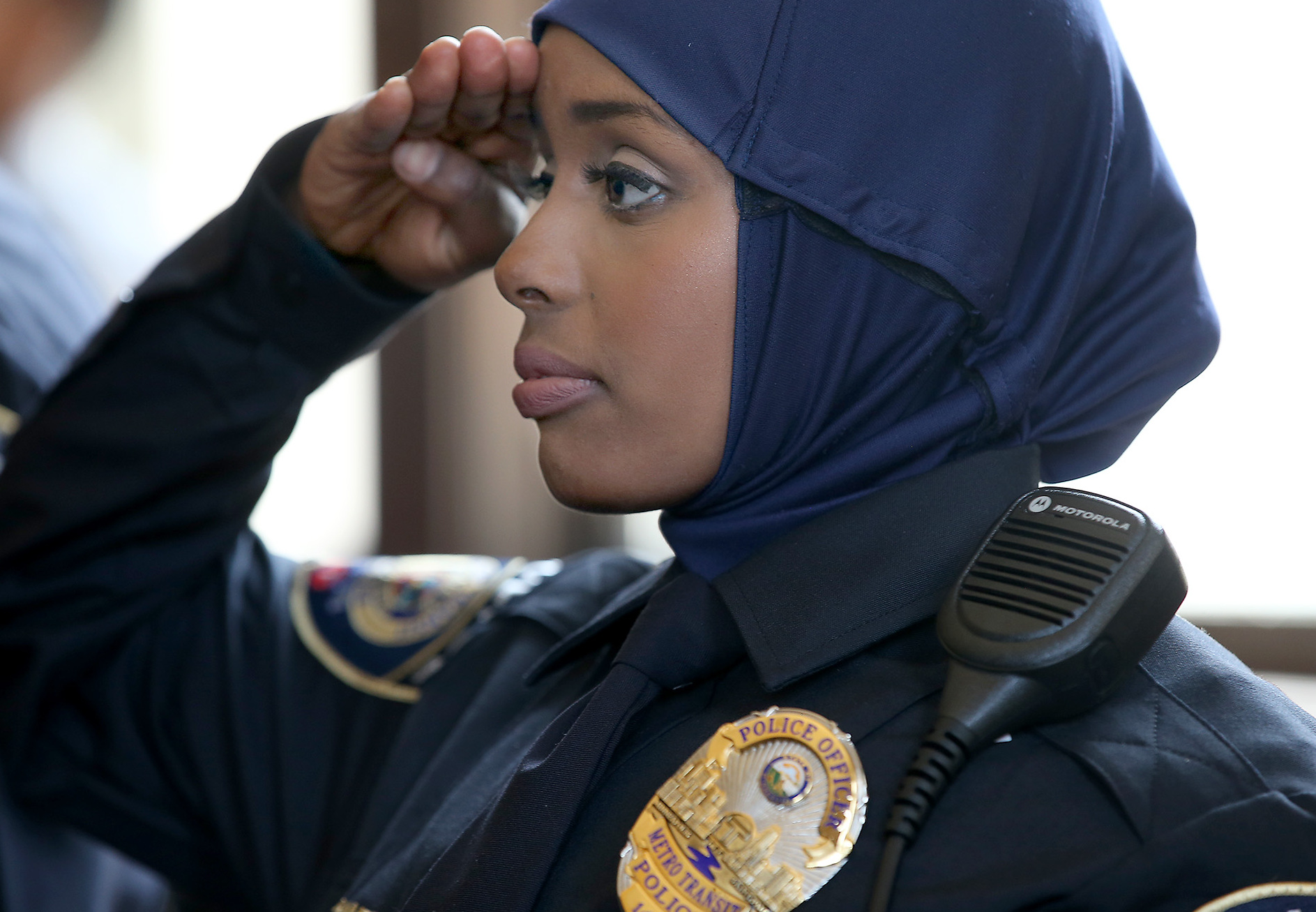Dublin, 4 April 2019
The Irish Council for Civil Liberties (ICCL) today welcomes the Garda Commissioner’s plans to announce alterations to the garda uniform code to include headscarves and Sikh turbans.
This is an overdue recognition of the increasingly diverse nature of Irish society. It is important that we all, regardless of our ethnic, cultural, or religious identities, see ourselves represented in our police force. Only then can it truly act with legitimacy.
Speaking today, ICCL Executive Director Liam Herrick said:
“We hope this move signals a changing culture and ethos within An Garda Síochána. Such change is sorely needed not only to ensure the representation of minority communities within the force but also to ensure the vindication of the rights of minority groups when dealing with the police.”
ICCL believes that more must be done to ensure minority groups in Ireland are treated appropriately by An Garda Síochána , whether they are gardaí themselves, victims of hate crime, or witnesses or perpetrators of other crimes.
In particular, we call for hate crime legislation to be introduced as well as proper and public policies on data gathering, recording, investigation and reporting of hate crime. Building trust between An Garda Síochána and minority groups in Ireland, including members of the Traveller and Roma communities must be a priority.
We reiterate our previous calls for root and branch reform of An Garda Síochána with human rights at its core. We continue to call for the timely and thorough implementation of recommendations by the Commission on the Future of Policing. These recommendations were committed to by Government, and include an effective complaints system and a robust inspection regime. We call on the Government to retain its focus on reform and to this end provide proper resourcing and appropriate legislation.
Other priorities for reform must be the creation of an inspection mechanism for places of garda detention and the ratification of the Optional Protocol to the UN Convention Against Torture (OPCAT), the establishment of a Victims’ Ombudsman, and proper oversight of intelligence and surveillance, in line with human rights norms.
ENDS/
For media queries or comment:
Sinéad Nolan: sinead.nolan@iccl.ie 087 4157162
Notes for editors:
The ICCL published a report in September 2018 setting out how human rights-based policing can be implemented in practice, authored by Alyson Kilpatrick BL who acted as Independent Human Rights Advisor to the Northern Ireland Policing Board for over seven years.
In November, ICCL submitted a report to the UN Committee Against Torture calling for ratification of the OPCAT and independent inspection of Garda stations; and swift changes to the powers and functions of the Garda complaints mechanism. The report further criticises the secrecy that characterises many investigations into alleged Garda misconduct: https://www.iccl.ie/wp-content/uploads/2018/11/ICCL-Follow-up-report-to-UNCAT-final-23.11.18.pdf
The ICCL, together with INCLO, published a 2018 report revealing lack of transparency, oversight and legislation governing intelligence sharing agreements in Ireland and at the international level. https://www.inclo.net/pdf/press/Unanswered%20Questions%20Report.pdf. Please see also our recommendations with Privacy international: https://www.inclo.net/pdf/Intelligence-Sharing-Brochure-WEB.pdf
The ICCL made recommendations in 2017 with Digital Rights Ireland on rights compliant data retention practices: https://www.iccl.ie/wp-content/uploads/2018/12/V3-Updated-DRI-ICCL-DR-submission-13.11.17_Website_EF-edit_EF_EF-5.pdf. While these recommendations were largely accepted by the oireachtas committee in 2018, new legislation is not yet in place and the Gardaí continue to make substantive data retention, continuing a system of mass surveillance in Ireland.

